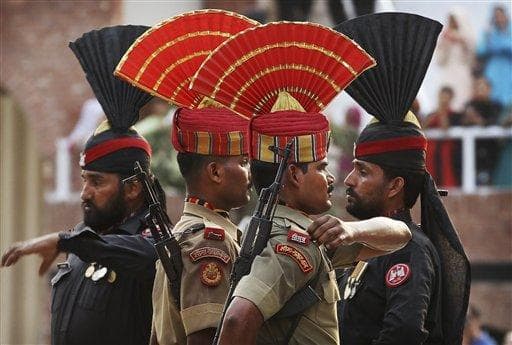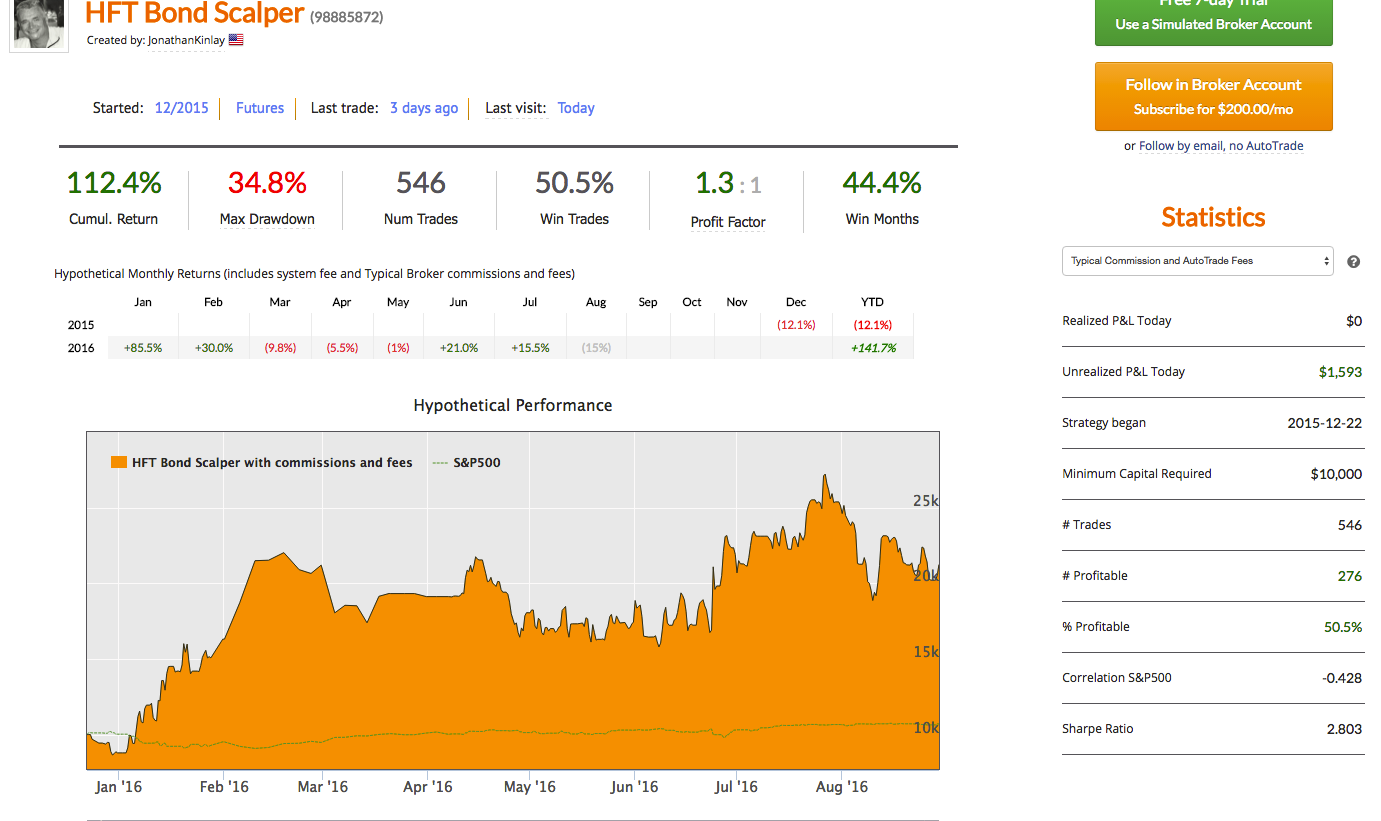Impact Of Geopolitical Tensions On India's Trade With Pakistan, Turkey, And Azerbaijan

Table of Contents
India-Pakistan Trade: A History of Interruption
The India-Pakistan trade relationship is arguably the most impacted by geopolitical tensions. Decades of conflict and mistrust have created significant barriers to the free flow of goods and services. Analyzing this relationship is crucial for understanding the broader context of India's trade relations.
The Kashmir Conflict and its Economic Ramifications
The persistent conflict over Kashmir severely restricts bilateral trade. This long-standing dispute casts a long shadow over any attempts at economic cooperation.
- Limited cross-border trade: The Line of Control (LoC) acts as a major impediment to the seamless movement of goods.
- Restrictions on imports and exports: Sanctions and restrictions imposed by both countries further limit trade volumes.
- Impact on regional economic integration: The strained relationship prevents both nations from participating fully in regional trade initiatives.
The 2019 Pulwama attack, for instance, led to a complete halt in bilateral trade for a period, showcasing the fragility of the relationship. Specific sectors like agriculture (especially the cross-border trade of fruits and vegetables) and textiles have been disproportionately affected by these disruptions. The potential economic benefits from increased trade are immense, but remain unrealized due to the ongoing political impasse.
Trust Deficit and Non-Tariff Barriers
Beyond the Kashmir conflict, a deep-seated mistrust between the two nations acts as a significant non-tariff barrier. This lack of trust hinders the establishment of robust trade mechanisms and agreements.
- Complex customs procedures: Bureaucratic hurdles and lengthy customs processes add to the cost and time involved in trade.
- Lack of transparency: A lack of transparency in trade policies and regulations creates uncertainty for businesses.
- Political instability impacting trade agreements: Political tensions often lead to the suspension or cancellation of planned trade agreements.
The absence of a formal trade agreement further exacerbates the situation. Non-tariff barriers, including bureaucratic hurdles and political interference, significantly restrict the growth of trade between the two nations.
India-Turkey Trade: Navigating Geopolitical Shifts
India's trade relations with Turkey are significantly impacted by Turkey's evolving regional alliances and its foreign policy choices. This relationship presents both challenges and opportunities for India.
Impact of Turkey's Regional Alliances
Turkey's strategic partnerships, particularly its relationship with countries like Russia and its growing influence in Central Asia, influence its economic relations with India.
- Competition with other regional players: Turkey's involvement in other regional alliances can lead to competition with India in certain markets.
- Influence of global power dynamics: Changes in global power dynamics can affect the trajectory of India-Turkey trade.
- Potential for increased collaboration in specific sectors: Despite challenges, there are potential avenues for collaboration, such as defense and technology.
Turkey's involvement in various regional alliances creates a complex web of influence, sometimes affecting its willingness and ability to engage in certain trade initiatives with India.
Opportunities for Enhanced Trade Cooperation
Despite geopolitical complexities, there is significant potential for enhanced trade cooperation between India and Turkey.
- Collaboration in defense: Both nations have expressed interest in increased defense cooperation.
- Technology transfer: Technology exchange can boost economic growth in both countries.
- Tourism: Promoting tourism can boost economic activity and people-to-people contact.
- Potential for free trade agreements: A comprehensive free trade agreement could greatly increase trade volumes.
The successful collaborations seen in sectors like tourism and the potential for defense and technology partnerships showcase the prospects for significant growth in bilateral trade.
India-Azerbaijan Trade: Growing Ties Amid Regional Instability
India's relationship with Azerbaijan presents a different dynamic. Despite regional instability, there is growing potential for increased trade and economic cooperation.
Energy Security and Trade Diversification
Azerbaijan's energy resources offer significant opportunities for India's energy security and diversification efforts.
- Import of oil and gas: Azerbaijan is a key source of oil and gas for India, contributing to India's energy independence.
- Potential for infrastructure development projects: Joint infrastructure projects can further strengthen trade ties.
- Energy security implications for India: Azerbaijan's role in India's energy security is of strategic importance.
The diversification of energy sources is crucial for India's economic stability, and Azerbaijan plays a strategic role in that diversification strategy.
Challenges of Regional Competition and Political Instability
Regional dynamics and political instability in the Caucasus region present ongoing challenges.
- Competition from other countries: India faces competition from other countries interested in Azerbaijani resources.
- Geopolitical risks in the Caucasus region: Political instability and conflicts in the region can disrupt trade and investment.
- Investment climate considerations: The investment climate in Azerbaijan is constantly evolving.
Maintaining a stable and predictable investment climate is crucial for long-term growth in India-Azerbaijan trade.
Conclusion
Geopolitical tensions significantly shape India's trade relations with Pakistan, Turkey, and Azerbaijan. While the India-Pakistan trade relationship remains severely constrained by political issues, opportunities exist to enhance cooperation with Turkey and Azerbaijan, particularly in energy and infrastructure development. Navigating these complex geopolitical landscapes requires careful diplomatic engagement and a strategic approach to trade diversification. Further research on the evolving dynamics of India's trade relations, specifically focusing on the impact of specific geopolitical events, is crucial for fostering stronger and more resilient economic partnerships. Understanding the intricacies of India's trade relations is essential for navigating this complex landscape and maximizing potential economic benefits.

Featured Posts
-
 Las Vegas Arts District On Lockdown Police Respond To Barricaded Person
May 18, 2025
Las Vegas Arts District On Lockdown Police Respond To Barricaded Person
May 18, 2025 -
 Kasselakis Kai To Orama Gia Mia Dynamiki Naytilia Stoxoi Kai Stratigikes
May 18, 2025
Kasselakis Kai To Orama Gia Mia Dynamiki Naytilia Stoxoi Kai Stratigikes
May 18, 2025 -
 Analyse Steun Voor Uitbreiding Nederlandse Defensie Industrie
May 18, 2025
Analyse Steun Voor Uitbreiding Nederlandse Defensie Industrie
May 18, 2025 -
 Montecarlo La Alegria Del Triunfo De Alcaraz
May 18, 2025
Montecarlo La Alegria Del Triunfo De Alcaraz
May 18, 2025 -
 Lutnick Built Fmx Challenges Cme Treasury Futures Trading Begins
May 18, 2025
Lutnick Built Fmx Challenges Cme Treasury Futures Trading Begins
May 18, 2025
